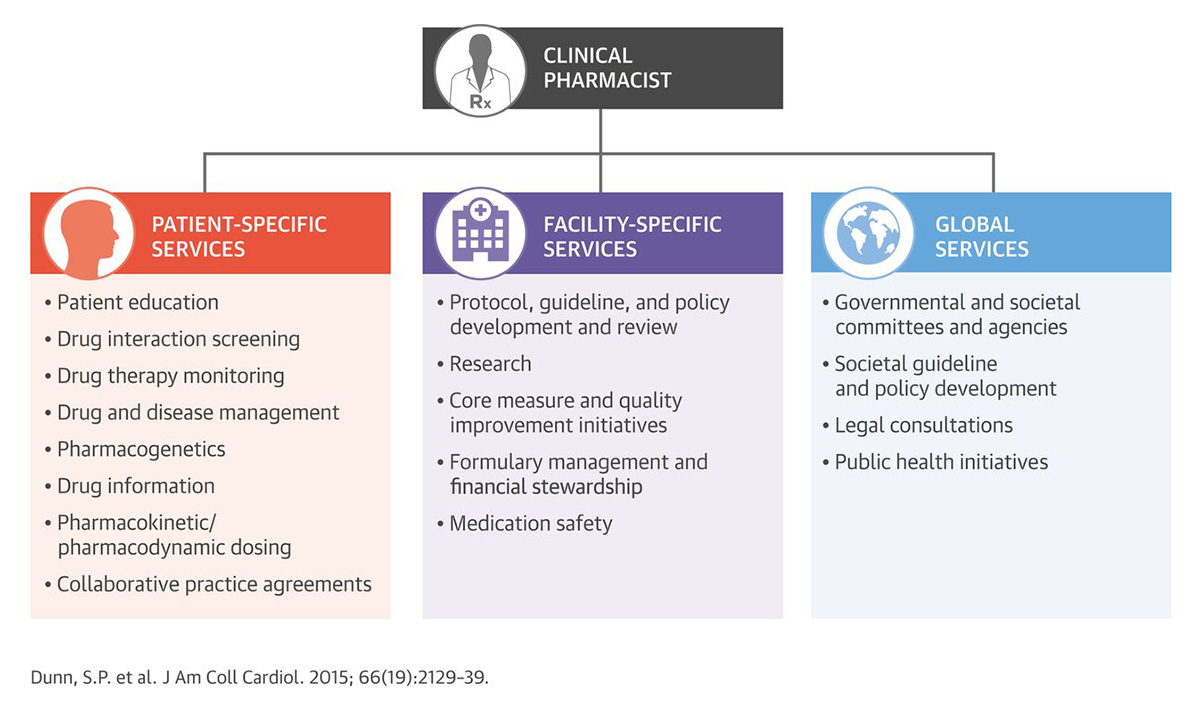Little Known Facts About Pharmacist – Wikipedia.
hypertension, asthma, HIV), cigarette smoking cessation,15,16 alcohol, tobacco and other drug use avoidance, household preparation,17 medication signs and conditions (dyslipidemia). 7,15 Public health nurses, physicians, physician assistants, nurse specialists, dental professionals, nutritionists and other health employees need differing degrees of knowledge associated to drug therapy. Pharmacists these days are actively teaching doctor assistants, nurses, and physicians various methods of recommending medications and concerns related to the substance abuse process.
These highlight ways pharmacists can contribute to the refinement of understanding within the public health system. 19,20 Schools of public health have the chance to expose their trainees to the contribution pharmacists make to public health and the training of public health workers. There is a growing need for dually trained specialists in drug store and public health.
Couple of courses are dedicated exclusively to public health in drug store, and practically no textbooks exist to highlight the role of pharmacy in public health. Subsequently, there exists a need for drug store schools to include public health and pharmacoepidemiology courses into their curriculum and train pharmacists as public health professionals. 23,24 In 2004, the American Association of Colleges of Pharmacy (AACP) recognized the important role pharmacists can play in public health by consisting of population-based care in its Center for Excellence in Drug Store Education (CAPE) Educational Results.
The occupation of drug store has actually undergone a similar metamorphosis: from a concentration on medication dispensing to a focus on safe and efficient medication usage to attain optimum client outcomes. As patients move through the continuum of care, pharmacists have ample opportunity to provide population-based care. In truth, research studies have revealed that pharmacists with more comprehensive obligations have decreased total costs and enhanced quality of care results attained by healthcare systems, especially related to chronic conditions.
All About The Pharmacist’s Role On Home Healthcare Teams
At the micro level, public health activities might be among many jobs among a pharmacist’s set of obligations. For instance, a neighborhood pharmacist who talks to neighborhood groups about substance abuse and provides hypertension screening in his/her pharmacy is providing public health services at the micro level, while a pharmacist who is the drug program administrator of a state Medicaid program is providing services at the macro level https://www.sildenafilfromindia.net/.


Alternatively, when a pharmacist deals with the macro level in the capability of health planning, assessment and administration, his/her identity as a pharmacist is oftentimes threatened. Numerous pharmacists have asserted themselves and established a noticable functional capability in public health. Overall, pharmacists are an underutilized source of accurate and anecdotal health data that might help health organizers as they look for to satisfy neighborhood needs.
The capability to encourage public health action is especially challenging within the confines of the conventional fee-for-product system. In numerous circumstances, pharmacists are not compensated for health promotion or illness avoidance and management activities. They are more likely to suppress these activities, and make the most of the tasks of dispensing medications for which they can get paid.
For example, the incorporation of preventive techniques may have positive financial implications on an institutional level. As a result, the pharmacist in senior management may highly promote and accept public health techniques. The macro level of public health has actually been often overlooked in the field of pharmacy when exposing students and early professionals to public health.
Rumored Buzz on Pharmacists’ Impact On Patient Safety
This dearth of pharmacists included in public health activities on a macro level likewise suggests there are reasonably couple of pharmacists offered to act as good example that make institutional modifications. Pharmacists that have particular health system management obligations frequently have core obligations that can be related to public health efforts.
Little Known Facts About Pharmacist – Wikipedia.
hypertension, asthma, HIV), cigarette smoking cessation,15,16 alcohol, tobacco and other drug use avoidance, household preparation,17 medication signs and conditions (dyslipidemia). 7,15 Public health nurses, physicians, physician assistants, nurse specialists, dental professionals, nutritionists and other health employees need differing degrees of knowledge associated to drug therapy. Pharmacists these days are actively teaching doctor assistants, nurses, and physicians various methods of recommending medications and concerns related to the substance abuse process.
These highlight ways pharmacists can contribute to the refinement of understanding within the public health system. 19,20 Schools of public health have the chance to expose their trainees to the contribution pharmacists make to public health and the training of public health workers. There is a growing need for dually trained specialists in drug store and public health.
Couple of courses are dedicated exclusively to public health in drug store, and practically no textbooks exist to highlight the role of pharmacy in public health. Subsequently, there exists a need for drug store schools to include public health and pharmacoepidemiology courses into their curriculum and train pharmacists as public health professionals. 23,24 In 2004, the American Association of Colleges of Pharmacy (AACP) recognized the important role pharmacists can play in public health by consisting of population-based care in its Center for Excellence in Drug Store Education (CAPE) Educational Results.
The occupation of drug store has actually undergone a similar metamorphosis: from a concentration on medication dispensing to a focus on safe and efficient medication usage to attain optimum client outcomes. As patients move through the continuum of care, pharmacists have ample opportunity to provide population-based care. In truth, research studies have revealed that pharmacists with more comprehensive obligations have decreased total costs and enhanced quality of care results attained by healthcare systems, especially related to chronic conditions.
All About The Pharmacist’s Role On Home Healthcare Teams
At the micro level, public health activities might be among many jobs among a pharmacist’s set of obligations. For instance, a neighborhood pharmacist who talks to neighborhood groups about substance abuse and provides hypertension screening in his/her pharmacy is providing public health services at the micro level, while a pharmacist who is the drug program administrator of a state Medicaid program is providing services at the macro level https://www.sildenafilfromindia.net/.


Alternatively, when a pharmacist deals with the macro level in the capability of health planning, assessment and administration, his/her identity as a pharmacist is oftentimes threatened. Numerous pharmacists have asserted themselves and established a noticable functional capability in public health. Overall, pharmacists are an underutilized source of accurate and anecdotal health data that might help health organizers as they look for to satisfy neighborhood needs.
The capability to encourage public health action is especially challenging within the confines of the conventional fee-for-product system. In numerous circumstances, pharmacists are not compensated for health promotion or illness avoidance and management activities. They are more likely to suppress these activities, and make the most of the tasks of dispensing medications for which they can get paid.
For example, the incorporation of preventive techniques may have positive financial implications on an institutional level. As a result, the pharmacist in senior management may highly promote and accept public health techniques. The macro level of public health has actually been often overlooked in the field of pharmacy when exposing students and early professionals to public health.
Rumored Buzz on Pharmacists’ Impact On Patient Safety
This dearth of pharmacists included in public health activities on a macro level likewise suggests there are reasonably couple of pharmacists offered to act as good example that make institutional modifications. Pharmacists that have particular health system management obligations frequently have core obligations that can be related to public health efforts.
















